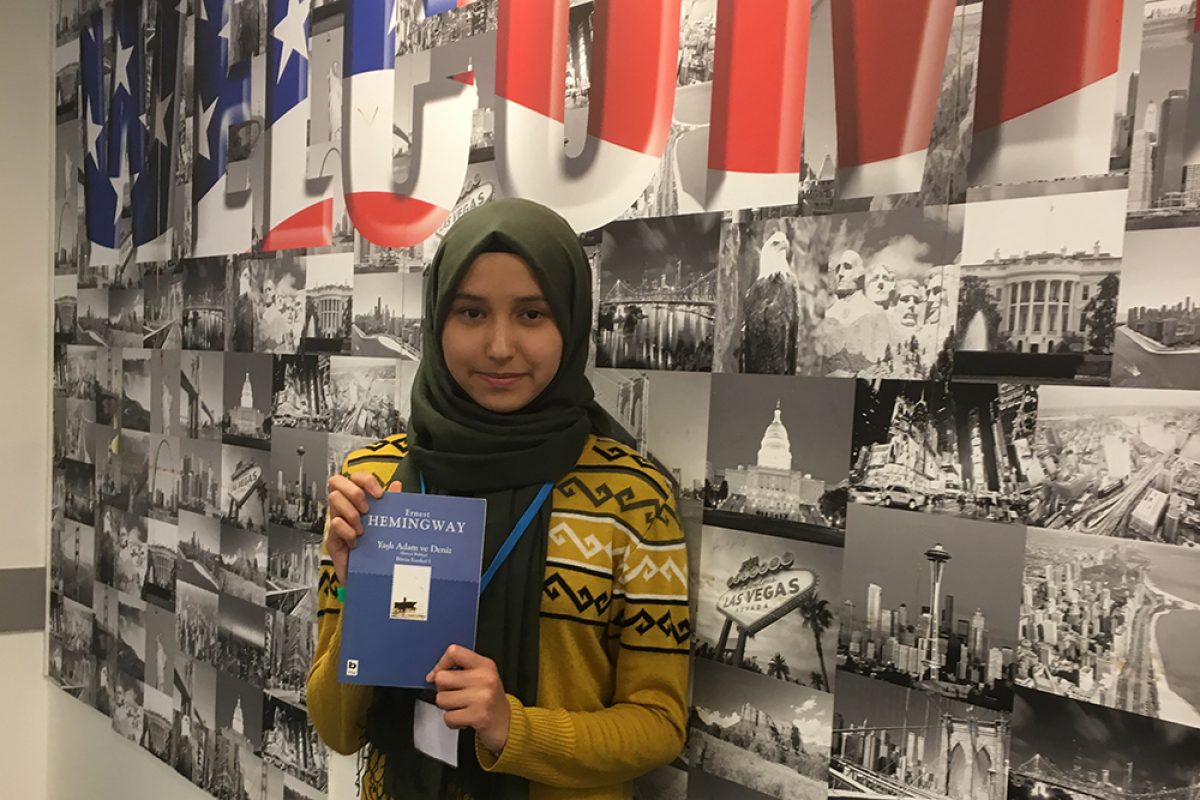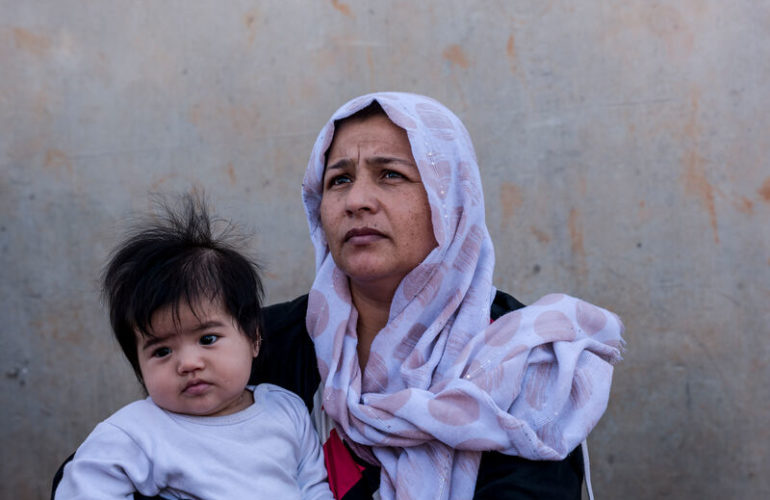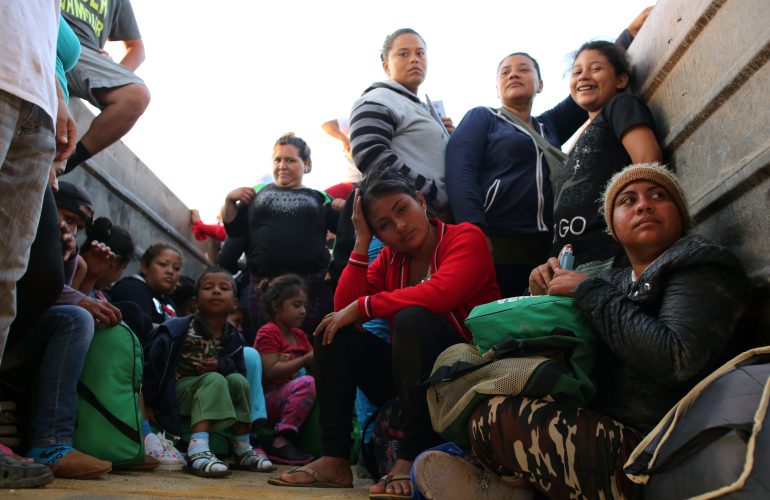U.S. Catholic Bishops Welcome Decision That Removes Potential Obstacles to Refugee Resettlement

“Jesus Christ, who was part of a refugee family, calls us to welcome the stranger, and our pro-life commitment requires us to protect refugees.” With these words, the Chair of the U.S. Conference of Catholic Bishops’ Committee on Migration welcomed a Court ruling that removed potential obstacles to refugee resettlement.
A preliminary court injunction delivered by a U.S. Federal Judge on 17 January has halted a Presidential Executive Order issued in September 2019. The Executive Order gave state and local officials the power to veto the resettlement of refugees into their jurisdictions. The injunction orders that the resettlement program’s operational rules be returned to how they were before the Executive Order was issued. Thus, federal immigration officials once again hold final responsibility for deciding where refugees are to be resettled.
“Today’s ruling is a welcome step in our ongoing ministry to provide refugees who are fleeing religious persecution, war and other dangers with a safe haven here in the United States,” said Bishop Mario E. Dorsonville, Auxiliary Bishop of Washington and Chair of the USCCB Committee on Migration, in a statement.
“We had previously expressed deep concerns about this Executive Order permitting state and county officials to turn away refugees from their communities. We feared the negative consequences for refugees and their families as this Executive Order would have created a confusing patchwork across America of some jurisdictions where refugees are welcomed and others where they are not,” he added.
The statement further explains that “Today’s injunction helps to maintain a uniform national policy of welcome to refugees and serves to maintain reunification of refugee families as a primary factor for initial resettlement.”
In the brief interval between the issue of the Executive Order and that of the court injunction, Texas Governor Greg Abbot decided not to allow new refugees to settle in the state — a decision that made Texas the first state to set such a precedent. Calling it “deeply discouraging and disheartening,” bishops across Texas called on the Catholic governor to reverse his stance.
In a 13 January joint statement, the Texas bishops called Abbott’s decision “misguided.” They also said that it “denies people who are fleeing persecution, including religious persecution, from being able to bring their gifts and talents to our state and contribute to the general common good of all Texans.”
The U.S. administration has capped the number of refugees it will admit in the fiscal year 2020 at 18,000 — down from 30,000 from the year before and 110,000 allowed in 2016. Legal experts believe that the administration may appeal the court injunction.


